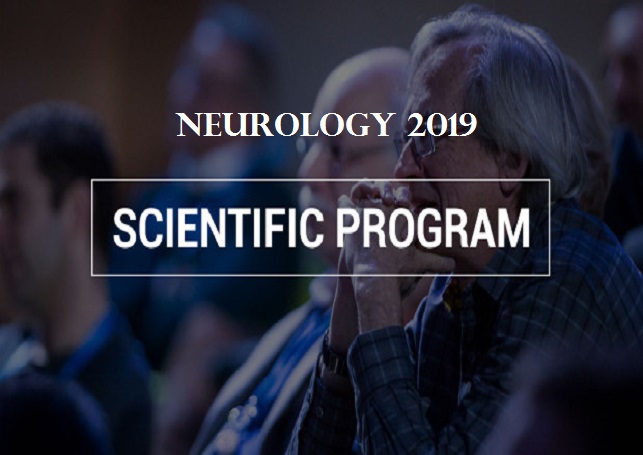
Xiao-Tang Kong
University of California, Irvine, USA
Title: New therapy for malignant brain tumors, complications and challenges
Biography
Biography: Xiao-Tang Kong
Abstract
Primary malignant glioma or Glioblastoma (GBM) is the most aggressive brain tumor in adults. With maximized safe resection followed by the standard therapy consisting of radiation and chemotherapy with temozolomide, the median overall survival is only about 14 to 16 months and 5 year survival rate less than 5%. The treatment for the recurrence is more challenging. Administration of Bevacizumab, a humanized monoclonal antibody targeting vascular endothelial growth factor (VGEF) inhibitor, is an approved therapy in the US for recurrent glioma, which does improve QOL but prolongs limited survival. A latest study showed that adding medical device tumor-treating fields (NovoTTF/Optune) improves the median overall survival to 20 months and 5-year survival rate to 13%. Other new therapies are currently being investigated in variety of clinical trials for the effectiveness. Here we will review recently developed therapeutic glioma vaccines, proteasome inhibitors, gene therapy, other immunotherapy and targeted therapy for the treatment of malignant brain tumors and the challenges.

